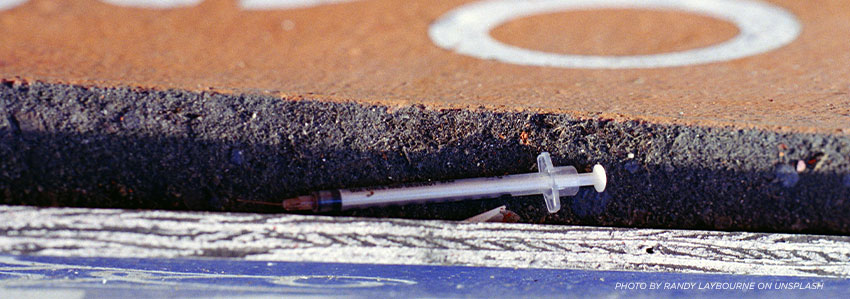
To Give Drugs or Not to Give Drugs, That is the Question
With soft pop music, trendy blond wood, exposed brick, and bright, airy rooms, dispensaries in Vancouver, British Columbia, employ friendly, knowledgeable staff to provide fentanyl to drug users. Users won’t get arrested, nor will they overdose and die using the drug on premises.
These fentanyl dispensaries are legal, and Canada’s public health system finances them. This metropolitan city on the leading edge of harm reduction experimentation has supervised injection sites and biometric machines dispensing prescription hydromorphone all over, and every pharmacy offers free naloxone kits. In fact, the downtown hospital has a safer-use site located right next to the cafeteria, so patients addicted to drugs don’t check out in an effort to avoid withdrawals. The dispensary sells to those who can afford to pay and provides drugs for free to those who cannot.
Funded by the public health system, these experiments have government support because, theoretically, they save lives and tax dollars thanks to reduced use of emergency services and hospitalizations. Critics point out that evidence for the effectiveness of these experiments has not borne that out. Meanwhile, the bulk of resources go to supplying drugs rather than treatment, recovery, and abstinence programs.
Recovery, addiction, and abstinence programs have proven effective for those under the care of our members every day. The 300+ organizations in Citygate Network membership seek to move people in desperate situations and destitute conditions (i.e., hungry, homeless, abused, and addicted) from human suffering to human flourishing through the process of gospel-powered life transformation.
If you or someone you know is dealing with addiction, find help near you by using Citygate Network's mission member locator now.
| Find a Member Mission Now |